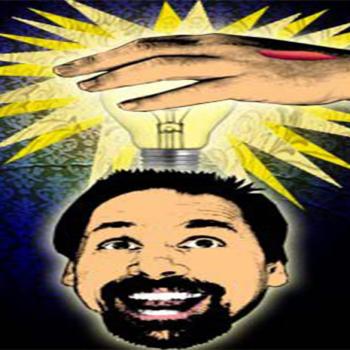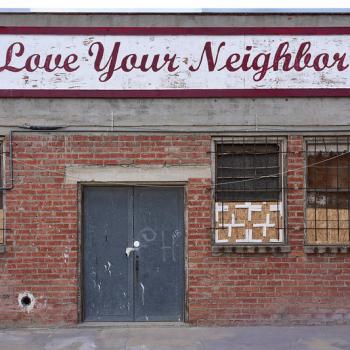This is what I see for Modi and the BJP, who now have the opportunity to advance elements of their social and political vision. This is the fruit of their successful campaign, and they deserve the chance to make a constructive impact on Indian society. However, in an intensely complex India, if their efforts marginalize or, worse, oppress, others, such will become fuel for their opponents and their leadership cannot be expected to endure. If their appropriate and healthy political organization develops into untoward and socially divisive tribalism, it must be tempered by pragmatism. India, a vastly larger democracy than the U.S.—and decidedly more complex—already has a long history of effective democratic process. The highly fragile and tenuous emerging democracies in Afghanistan, Iraq, Egypt, and elsewhere, reveal societies fractured by the worst expressions of tribalism, aggressively establishing social power by corruption or violence. In such situations, there is little or no history of—or respect for—genuine democratic process. This is far from the case in India, which, despite its many challenges, shows an enduring resilience.
While any manifestation of tribalism—from exasperating egocentric ideological attachment to tragic, violent chauvinism—is troubling, in effective democracies social groups bonded by specific values and vision have every right to promote their interests and assume power, if they can. That's the nature of politics.
Is the current rise of Modi and the BJP cause for worry? No more than the Tea Party of the religious right in United States. He and the BJP have every right to advance their vision and values as winners of this year's elections. However, he must also take into consideration broader sets of needs in a pluralistic society and government and demonstrate appropriate pragmatic compromise, or else he won't be around for long, as his BJP predecessor Vajpayee quickly learned.




